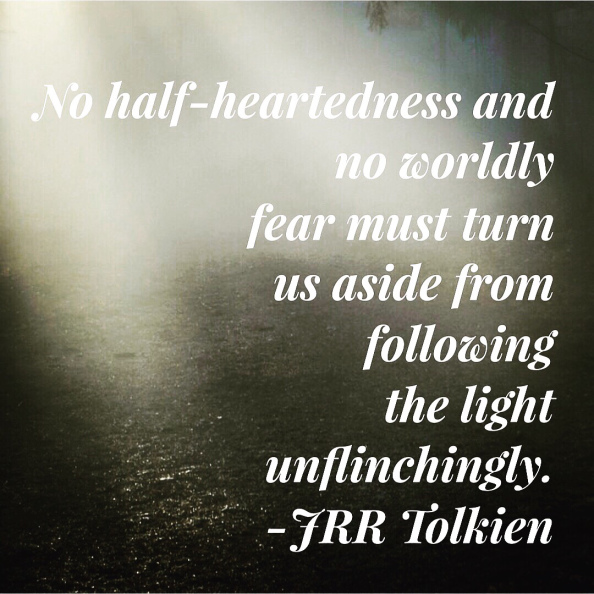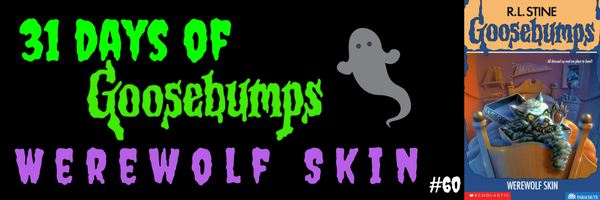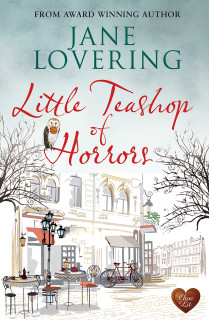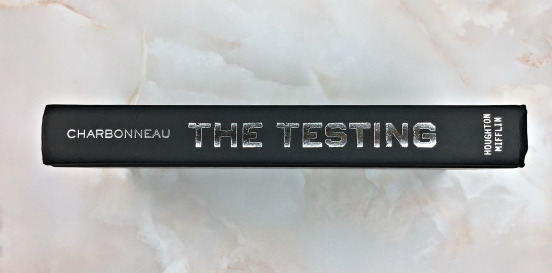“Je ne suis pas folle! Je ne suis pas folle!” a student or a woman about the age of my students shouts to her friend as she steps into the street, trailing a suitcase behind her. And something in that moment—perhaps it is the resemblance to Marie Ndiaye’s character Fanny, an exile perpetually bound to her suitcase, in constant search of a family to recognize her—conjures up for me the readings I have been doing—readings interrupted, readings by a witch, a witch who loves women, readings that speak to me as much as “Chloe liked Olivia” spoke to Woolf.
Then I start singing Patsy Cline.
“I’m crazy, crazy for feeling so lonely. I’m crazy, crazy for feeling so blue. I knew you’d love me as long as you wanted. Then one day, you’d leave me for somebody new…”. But those aren’t really the lines I need to help me here, are they? Those lines come later. “I’m crazy for thinking that my love could hold you. I’m crazy for cryin’, I’m crazy for tryin’ and I’m crazy for lovin’ you.” Well, now, is she crazy because she loves someone? Or is she crazy about loving someone?
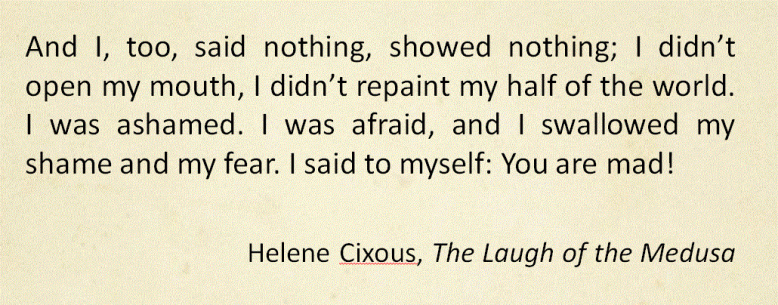
How prophetic this title turned out to be. “For interruptions there always will be…” Thank you, Virginia, for you have provided a lead in to generations of women, myself included, right here, right now. For foolishly, I thought myself carried on by some imperturbable inspiration, I imagined nothing would stand in the way of me writing something utterly brilliant—not my children, not my loving partner, not the groceries being delivered, not the English classes I give to thoroughly apathetic students, not my research, not 30 some odd years of fear. I had fashioned myself some kind of firebrand, but this is all I came up with, it’s all I’ve got. Rather than desperately seeking Susan, I am desperately seeking what the hell I was thinking about when I penned the lines above. Perhaps I wanted to go back to when I was that student’s age, when Dr. Leavens put “The Laugh of the Medusa” onto his critical theory syllabus, and so, into my 19-year old hands:

Oh Cixous… whose bold invocation inspired so many of my readings, she filled me with hope, thinking that like her, I, too, would come to writing by the ripe old age of 27. But years go by ever so quickly. And questions become ever so insistent, what is writing? What is a female-sexed text?
And so, I am no longer sure what I meant, not by those lines above, nor by the lines below.
Bang. Bang. Bang. Hear that silent sound, sealing up a coffin nice and tight, locking my mother out of my memory.
I was 35, maybe 36 when my Uncle Bob, a well-meaning patriarch who always has a sermon or two up his sleeve, Uncle Bob who quit smoking, quit drinking and quit most forms of critical thinking told us, my sister and I, “Your father decided he would never talk to you about your mother because it was too painful.”
Bang. Bang. Bang.
This reminded me of a conversation I’d had with my father some 5 years before, in preparation for having my own child. Had my mother had difficult births? His answer to my inquires was “What’s with all the personal questions?” And so I asked myself, Personal for who? Painful for who?
That was my Uncle Bob with a knife in his hand, not a witch’s ritual knife. No healing would come of this. Just a ripping asunder of a poorly healed, an unhealable wound.
“Gosh, you look so much like your mother;

you even move like your mother;

your temperament is so close to your mother’s.”

We go through this once every decade or so. It’s a fun game where I take as much unintentionally warped commentary as I can before excusing myself to the toilet where I can cry in peace. Now that I know my family collectively participated in a 30-year pact of silence, it’ll make the next round even better.
And so, interruptions there will always be, indeed. Thank you, again, Virginia, for the interruption and for your contended claim:

What could it mean then, for me, to think back? Without memory, my thinking was then… interrupted? Had my mother’s thinking been interrupted? For all intents and purposes my mother was a motherless child. Later, much later, that is more recently, I learned that for all intents and purposes, my mother’s mother was a motherless child, and as if that weren’t enough, my mother’s mother’s mother was, too, a motherless child. For my mother had spent a good deal of her time in an orphanage, as did her mother before her, who was the daughter of the mother who died becoming a mother.
Now, of course, you are thinking, “But, silly girl, Woolf meant we think through the women writers of the past, not our flesh and blood mothers.” Don’t you think I know that? Yet, here I am, 42 years after “The Laugh of the Medusa”, 88 years after A Room of One’s Own, the same age as my mother when she left my sister and I motherless, still wondering how am I to write, what am I to write, and even, have I written? When I engage with women’s literature through critical writing (or is it critical reading), am I writing myself into the text (Medusa, are you laughing)? What is this writing we call feminist reading? It is women’s writing? Is it thinking back through other mothers or our aunts? Laterally through our sisters and cousins? Forward through our daughters and our nieces?
After all, I am making most of this up!
It occurs to me that the writers I wrote my proposal around are women of the past, the present or a possible present, not my sisters and cousins, not my nieces or hypothetical daughters.

Indeed, I am both a motherless daughter and a daughterless mother, and so it would seem that, without realizing it, in my research, I went digging for myself as a reader and, therefore, writer. Digging for a way to think back, forward and laterally through mothers.
Riffling through old boxes for photos of my mother, I found another photo, this one blurred. Curiously enough, something in this also reminds me of Marie Ndiaye’s character Fanny, who carries about a blurry photo of Aunt Lena, in search of her family.

This is the only photo I have of Mary Hill, the woman hired by my father to care for his home and his two daughters. There had been Christine and Julie and another in between whose name I can’t recall before her. But it is Mary I remember. Mary drove us around in an enormous white car blaring Gospel music all the way, Mary laughed as she told me the story about how she once attempted to gun down her ex-husband, Mary cooked chicken and dumplings. Mary never tried to step in to be my mother but who had to stand in her place.
This is Mary whose grave I have yet to set flowers upon, Mary then who I am also belatedly seeking out in my research.
I read once, in just which book I can no longer tell (and believe me, I have looked and looked and looked for the text) a beautiful story from Alice Walker’s non-fiction prose. She portrays a group of women mourning for their lost mothers and concludes by saying something to the effect of, when several women come together to comfort and support one another, they become the grieving woman’s collective mother. What solace in her words! And yet, re-reading Walker, I came across an article published in an English newspaper by her daughter, Rebecca—a very painful article accusing her mother and the feminist movement of failing women of her, this is of my generation. Estranged from one another, Rebecca is a motherless daughter, Alice a daughterless mother. What happens when we take our mothers to task? What are we to do with these imperfect creatures, their imperfect ways, their imperfect readings and their imperfect writings?
Carry on, for interruptions there always will be. Thank you, milles merci, Virginia, because I was interrupted so many times I can’t remember how I was supposed to tie madness to erased memory to anger especially in the anecdote to come. But as this is an interruption, I will use it my advantage and introduce what has become my final sequence with words from Audre Lorde,
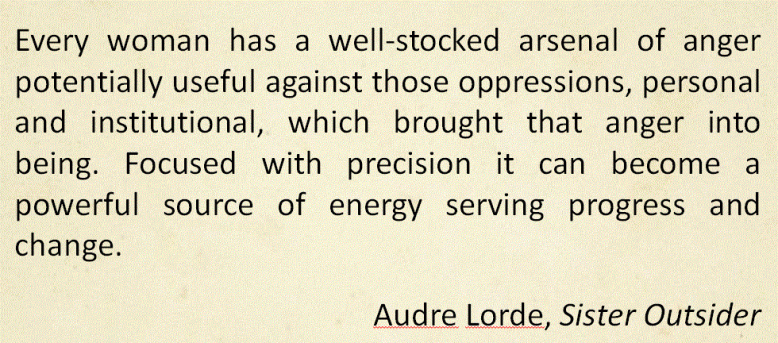
It’s a week or so after Trump’s election. My father asks me, “Have you been following news about all the protests from over there?” With thinly veiled exasperation, I answer, “Yes, I have.” “Well, what do you think about it?” Twenty years into my life as a voter, I’m sick of this trap, annoyed that he won’t respect a truce, another pact of silence, not in his old age, not in his poor health. “I think that the people should stay out in the streets, day and night, and I wish I were bold enough to go out and stay out with them.” “Well, did you see all the women marching?” “Yeah, I gave money to support that march.” (An aside: I used money he gave me as a gift.)“Ah! Come on! You can’t be serious! Those women out in the street spouting such vulgarity in front of children.” Who knows which Fox News program he watched to base that view on. My dad used to be “normal” conservative. Now, he’s lost somewhere on the dark side. [Jamie, I am your father.] “Well, what could be more vulgar than the newly-elected leader of the supposedly free world professing he can grab women by the pussy cause he’s stacked to the hilt with cash?” That question pretty much ends the conversation.
Must I simply interrupt formations and formulations of power? Must or should I push interruption to disownment? My words won silence in the joust above, but what about the conflicts I have turned away from, the uneasy truces I’ve negotiated by communicating with you and not directly engaging the powers that be.
“Your silence will not protect you,” wrote Audre Lorde. My father’s silence did not protect me. My silence will not protect me.
My mother loved to write and wanted to act. My mother is reported to have said she’d slam the door to our suburban home and run off to Vegas the very day she deemed her daughters were old enough to get on without her. My mother grew up in the projects, threw iron skillets at her mother’s abusive lovers and shoplifted her siblings’ Christmas presents. My mother loved vodka, coffee, cigarettes andl coffee cake. My mother died three deaths—once when an aneurysm drowned her brain, another when the life-support system stopped breathing for her, and a final one, when my father, my family and her friends, submerged in grief, helped relegate her memory to silence. My mother’s name was Verna.
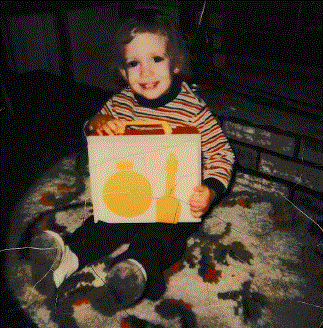
Starhawk, my beloved witch, explains that magic is the “art of changing consciousness at will.” Feminist writing, that is writing back through our mothers, writing forward through our nieces and daughters, back through our aunts and unlikely mothers, laterally through our cousins and sisters is magic. Magic to make us laugh at silence. Magic to make you sing, tongue in cheek, an old poem by dead male giant from Western literary canon (and please forgive me for this but it has been stuck in my head for weeks).
Jamie Herd Partager :